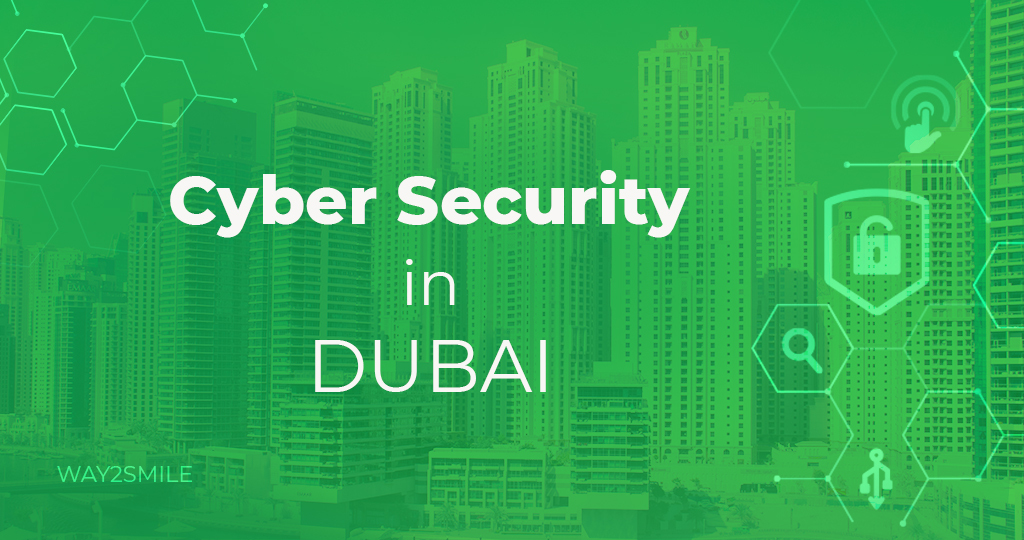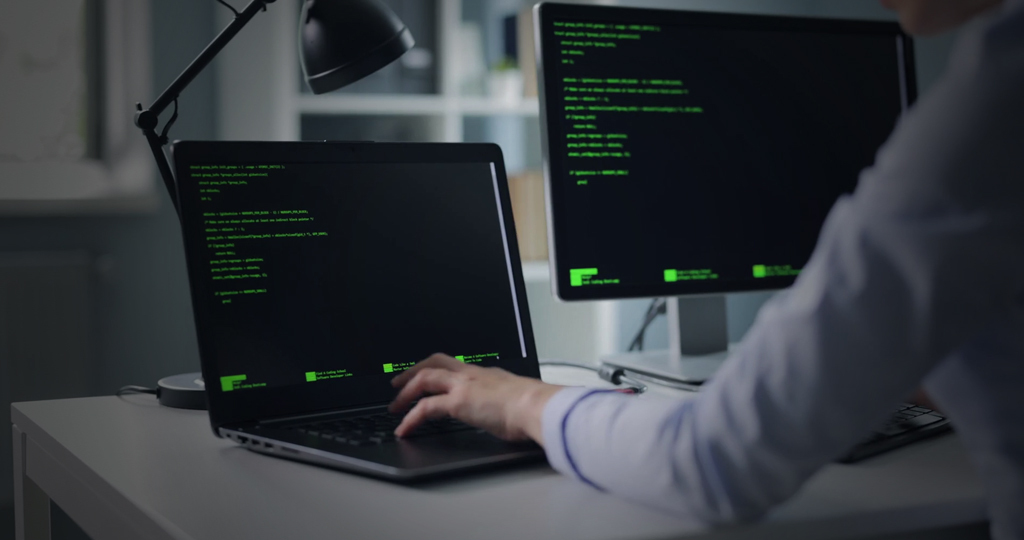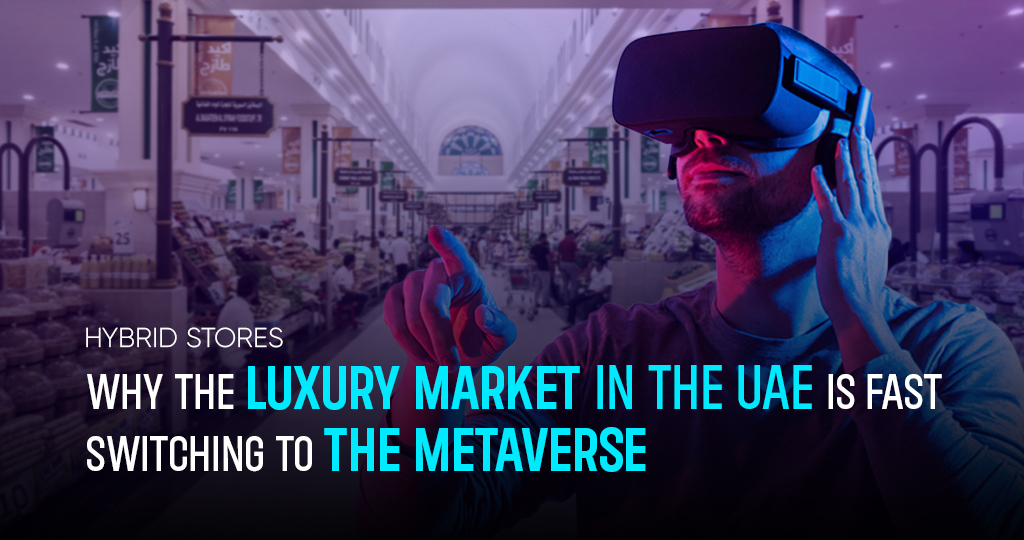The effort of a country’s Cybersecurity is directly proportional to the level of internet penetration and digital transformation it has planned and achieved. So, the level of security is contextual to the situation. In places like UAE, Kuwait, Qatar, the internet penetration is reportedly closer to 100%. Combine this fact with the evolution of smart cities, Cybersecurity has become a high-demand skill.
It is no longer a secret that Dubai is on its way to becoming one of the most sophisticated smart cities in the world. The recent initiative of Smart Dubai’s Paperless Governance is transforming the conventional way of governance and is pushing other countries and cities across the globe to do the same. A paperless government means digitization of humongous records of the citizens like age, life expectancy, health status, income, expenditure, tax, religion, etc. A smart city helps the community to achieve sustainable development goals by adopting digital strategies and technologies. This creates the need to enforce a strong Cybersecurity strategy in Dubai. This flooded the city with many top-tier cybersecurity consulting companies that further iterates this process.
Is cybersecurity a necessity?
The world is getting more and more digital. Data has become the new “oil” of the 21st century. The arrival of IoT devices has increased our dependency on digital platforms. Though the digital platforms are highly convenient and can even streamline vast business operations, there is a downside to it. These digital platforms are still dependent on the hardware capabilities to exist and function.
If you can access the hardware, then you can pretty much access the software. This may not seem like a big threat at first, but this is barely the surface of the issue. If you can access a particular software, you basically have the access to the data that is stored or accumulated in the platform. Data theft is the most common form of cyber-attacks in recent times. A shocking report by the security magazine suggests that for every 39 seconds, a cyber-attack takes place. On top of this, the coronavirus pandemic has increased the percentage of cyberattacks by nearly 300%. This report is published by the FBI to instigate the need for strict cybersecurity. If these are the stakes, then a strict cybersecurity protocol will ease peoples' minds. It also helps businesses to adopt the latest digital technologies without a constant state of paranoia.
How vulnerable is Dubai to cyberattacks?
In general, the political climate of the middle-east countries is vulnerable to various tensions. This didn’t stop the digitalization process in countries like UAE, Kuwait, and Qatar. Instead, their internet usage is sometimes higher than in several European countries. From the country's defence perspective, there are many vulnerabilities, particularly in the middle-east regions in the form of cyberattacks. It is hard to shake off an incident like the drone attack on the Saudi Aramco oil facilities or the invasion of the Shamoon virus that tested the foundation of the oil companies in Dubai. The triton virus focused its attack on the industrial control systems of a petrochemical plant that opened the eyes of various IT consulting companies and Cybersecurity agencies to level up their game.
These cyberattacks on the giants where the security is almost impenetrable show how vulnerable a normal citizen is! If these giants can be scratched, then it is important for the people who rely on digital technology to implement an emergency protocol of some sort. Dubai is also flourishing with many small and medium businesses, as the location is just perfect for these kinds of ventures. The support and customer engagement for these businesses have been tremendous in Dubai.
Imagine if a small or medium business becomes a victim of a cyberattack. The fundamental trust between the customer and the business will be tarnished! This not just affects the particular business, but can affect the image of overall small and medium businesses in Dubai. This may lead to monopolization of the market which is bad for the economy. A report suggests that nearly 60% of small business owners think that they are not a target for cyberattacks. This urban myth has prevailed and is now a major reason for many cyberattacks. Nearly 43% of the small businesses are not even equipped with the basic defence against cyberattacks. All we can infer from the available events and data is that almost everyone is vulnerable to a cyberattack to some degree, while the chances of a cyberattack against a business institution are dangerously higher.
How is Dubai responding to these cyberattacks and what are the efforts of Dubai in strengthening its cybersecurity?
The International telecommunication union, backed by the United Nations, has ranked the list of countries on their level of cybersecurity and preparedness. UAE has seen exponential growth in the rankings. It jumped 33 ranks to move to the 5th spot among the 193 countries. One of the primary reasons for the country's jump is because of Dubai's exceptional growth as a smart city. Dubai has always been ranked top in terms of personal safety and security, but the recent strategy of Dubai's cybersecurity has helped the city to secure first place in the specialized cybersecurity rankings.
The only thing we can deduce from this report is that Dubai is learning from the experience of others and it's own. Sheik Mohammed, the ruler of Dubai, has created one of the most advanced cybersecurity councils for the country. This council will increase the severity of the already existing cybersecurity setup and strategy. The existence of the council also allows for a more structured and scientific approach towards the country's cyberspace. Dubai’s already existing cybersecurity strategy includes 5 major parts.
- Cyber-smart society - focuses on upgrading the skills and spreads awareness.
- Innovation - acting as a catalyst to speed up the R&D of cyberspace and security.
- Cybersecurity- establishing protocols that safeguard the integrity and promotes data privacy.
- Cyber resilience - setting up the environment and establishing the IT systems for effective cyberspace.
- National and international collaboration - taking cybersecurity to the global arena and help increase the impact of security through international collaboration.
Apart from this, Dubai has contributed to many of the technological milestones that the country has achieved. Dubai also provides an excellent atmosphere to test out strategies as it is one of the most advanced smart cities in the world. Cybersecurity in smart cities are the two sides of the same coin, it comes together. Some of the notable achievements in the cyberspace of the country are as follows.
- The invention of the "unhackable chip" by the New York University of Abu Dhabi is probably one of the most futuristic inventions in cyberspace. Hardware safety is as important as software security.
- The smart city has proved to be a dynamic testing centre for many new IoT devices and identify their behavioural patterns. This also helps in developing the overall digital infrastructure.
- Controlling fake news and information. This is by far an important aspect that is often overlooked with regard to cybersecurity. Cybersecurity is not always about hacking or bypassing the system but using the digital medium as a tool to disturb the equilibrium.
- The integration of Artificial Intelligence. Most of the time, human error becomes the gateway for a cyberattack. Integrating AI into the system can decrease human errors while performing monotonous activities. Also, it can act as the first point of defence while encountering threats and monitor the overall performance.
Wrapping this up,
The need to construct an aggressive cybersecurity strategy is at an all-time high. Digital ecosystems are transforming smart cities and are pushing the system to evolve past the limits. Cybersecurity in Dubai is highly advanced than in other parts of the world. The important thing is to partner with the right technical partners and digital transformation companies in Dubai and also around the globe to understand the schematics.







